How the Nobel family helped establish the Russian oil industry
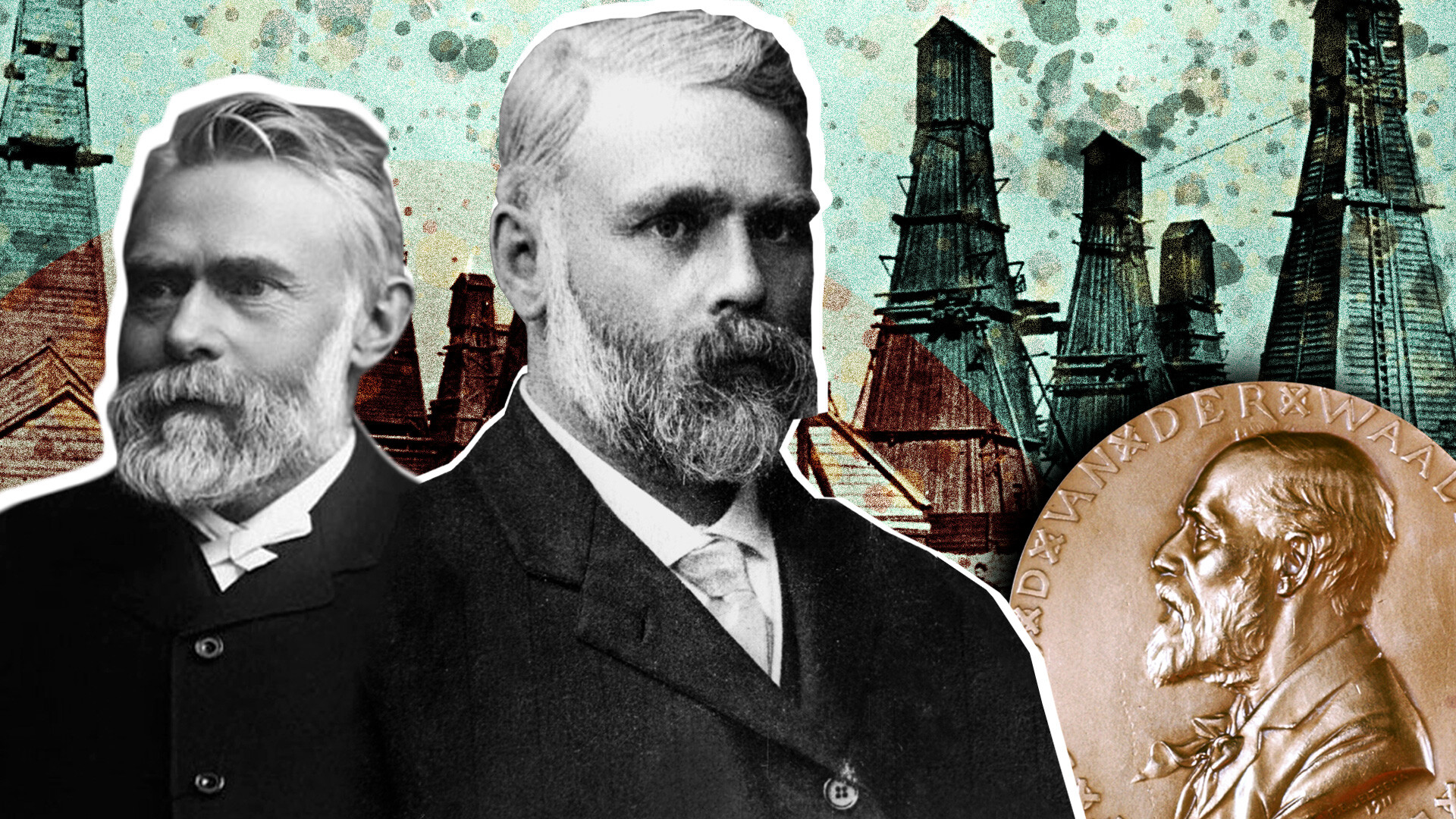
The Nobel Prize was established in 1901. Since then, it has been bestowed 615 times upon 989 people and organizations, mostly from the U.S., the UK, Germany, France, Sweden and Russia.
What few people remember today is that the prize appearance was made possible, due to the Nobel family’s lucrative oil business in the Russian Empire.
Bankruptcy
The Nobel family came to Russia from Sweden in 1838. Inventor Immanuel Nobel – the head of the family and the father of the Nobel Prize founder – moved his wife and three sons to St. Petersburg, in hopes to market inventions he had been working on in Sweden.
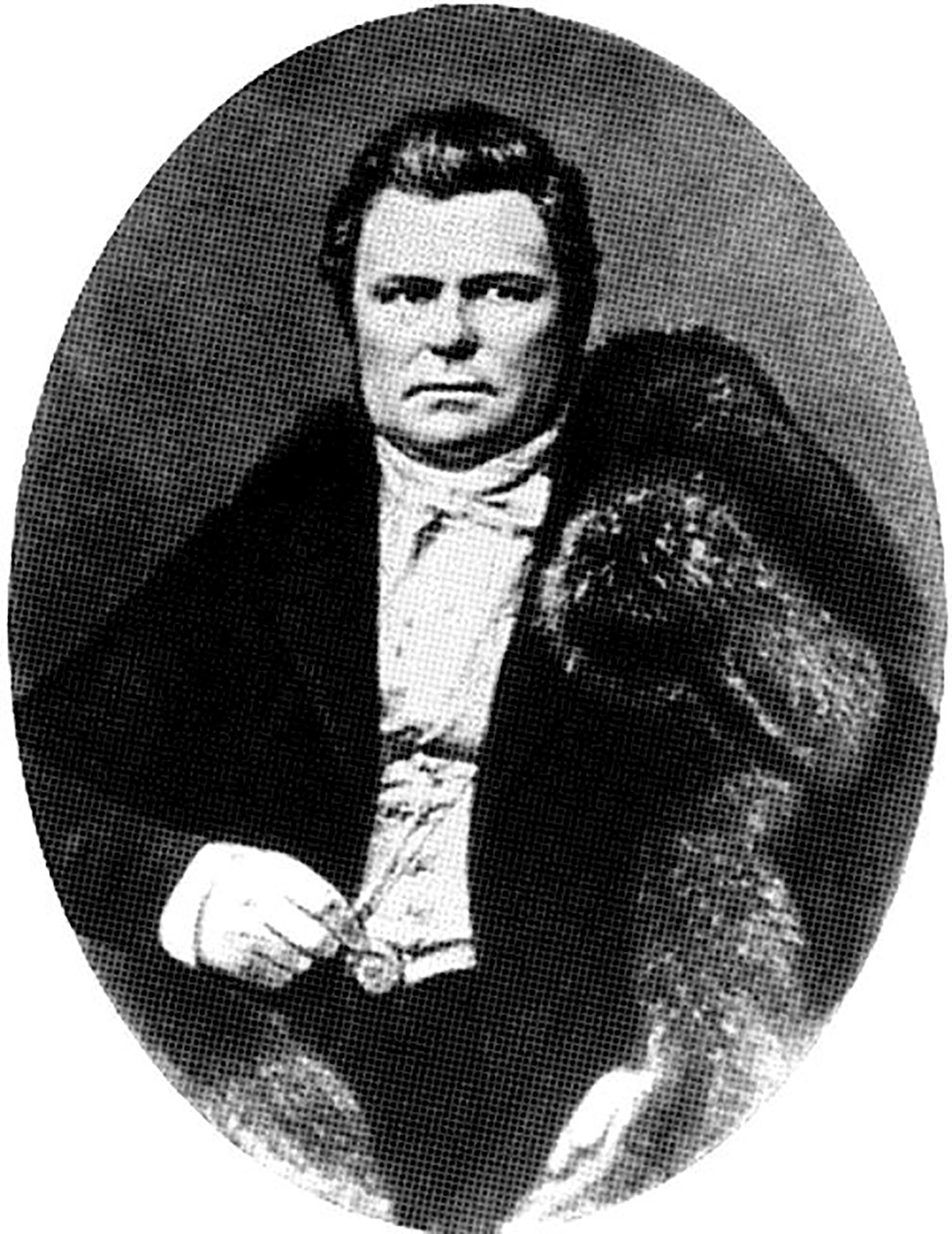 Swedish and Russian engineer, architect, inventor and industrialist Emmanuel Nobel. He was the founder of Nobel industrial dynasty.
Swedish and Russian engineer, architect, inventor and industrialist Emmanuel Nobel. He was the founder of Nobel industrial dynasty.
The risk of relocation eventually yielded abundant profits for the family. The innovative Swede managed to ignite a personal interest of Tsar Nicholas I of Russia, when he introduced an improved version of an underwater exploding mine.
In the time of the Crimean War – that lasted from 1853 to 1856 – the invention, innovation and mass production of weapons and military equipment was paramount to the Russian government.
Capitalizing on his early success, Immanuel Nobel founded a war supplies factory that proved to be a very lucrative business at the time.
However, he went out of luck very fast when new Tsar Alexander II introduced severe cuts to the country’s military budget soon after the Crimean War had ended.
The family business in Russia went bankrupt and was sold by creditors.
An impulsive purchase
Returning to his native Sweden, Immanuel entrusted the scraps of the family’s fortune to his oldest son Ludvig, who remained in Russia with his siblings.
Ludvig Nobel used the savings to found a new factory specializing in production of gun carriages. Under Ludvig’s management, the business started to grow and the Machine-Building Factory ‘Ludvig Nobel’ became one of the largest producers of artillery parts and rifles in Russia.
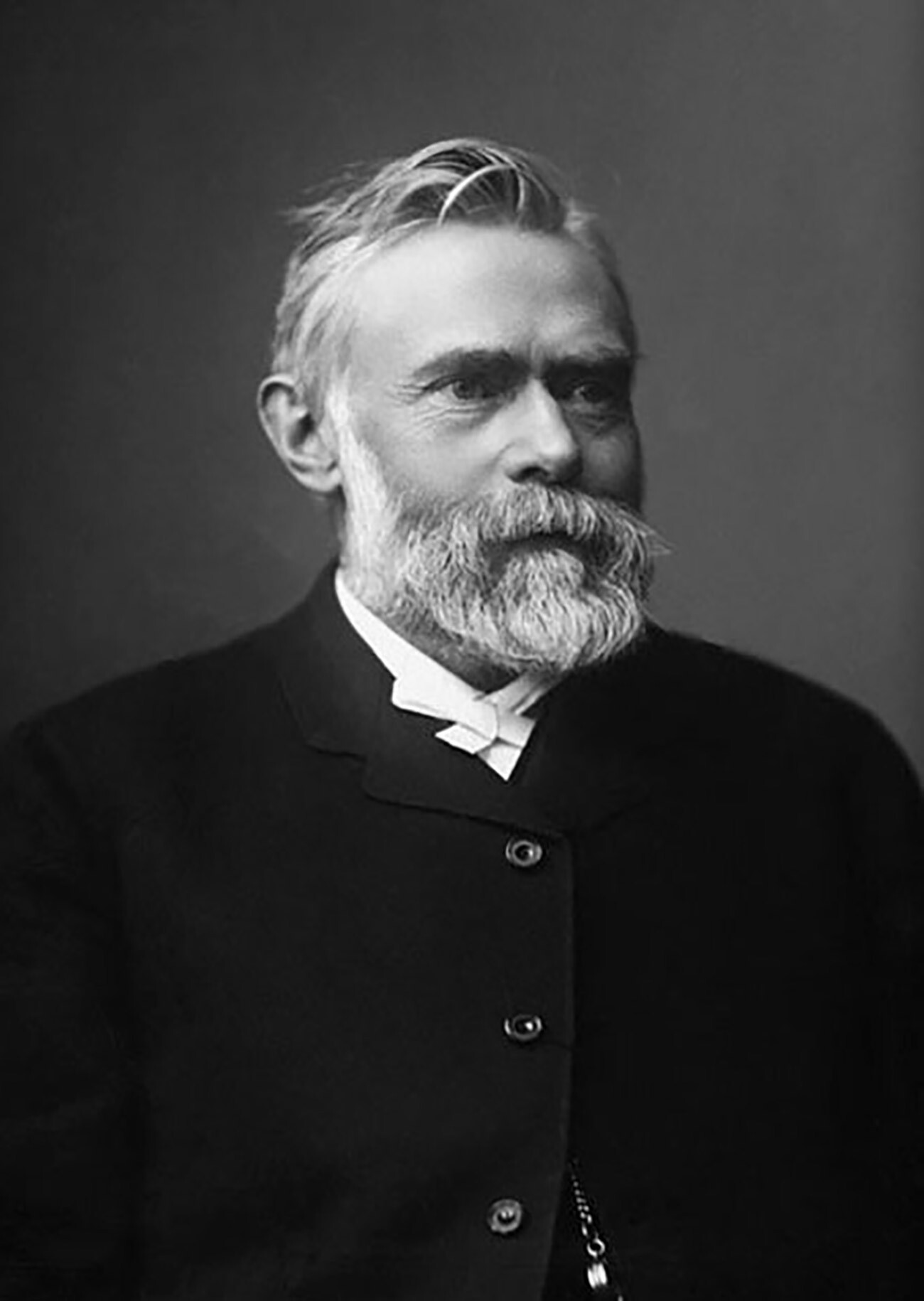 Ludvig Immanuel Nobel (1831-1888)
Ludvig Immanuel Nobel (1831-1888)
In 1873, Ludvig entrusted his brother Robert with 25,000 rubles and instructed him to go to the Caucasus to procure walnut wood that he hoped to use in production of gunstocks.
Yet, when Robert came to Baku, he could not resist the temptation to make a purchase that would prove to be life-changing for the Nobel family. Using the 25,000 rubles in his possession, Robert bought a small oil refinery in the city that would soon turn into a world’s capital of oil production.
Branobel, Ltd.
In three years, the small oil refinery in Baku turned into the ‘Branobel’ joint-stock company headquartered in St. Petersburg with the share capital of three million rubles. The Nobel brothers jointly owned 60.8 percent of the company’s shares and the rest went to other investors.

In the years that followed, the company started purchasing oil fields throughout the Russian Caucasus, mainly in the territory of modern Azerbaijan and also some fields in the Asian part of the Russian Empire.
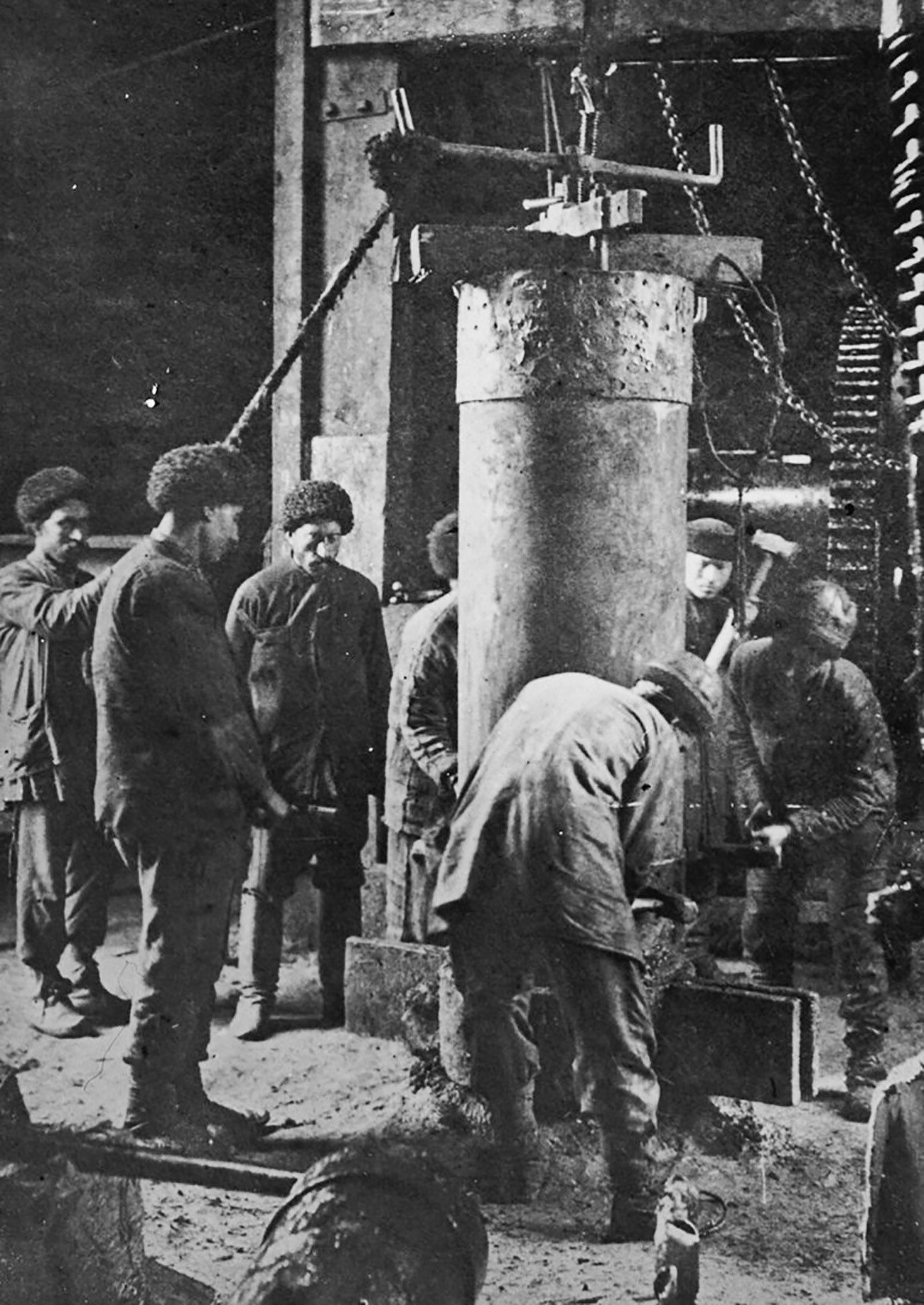
The Nobel brothers used technology to grow their oil business and pioneered the development of early oil tankers. The world’s first tanker named ‘Zoroastr’ belonged to their company.
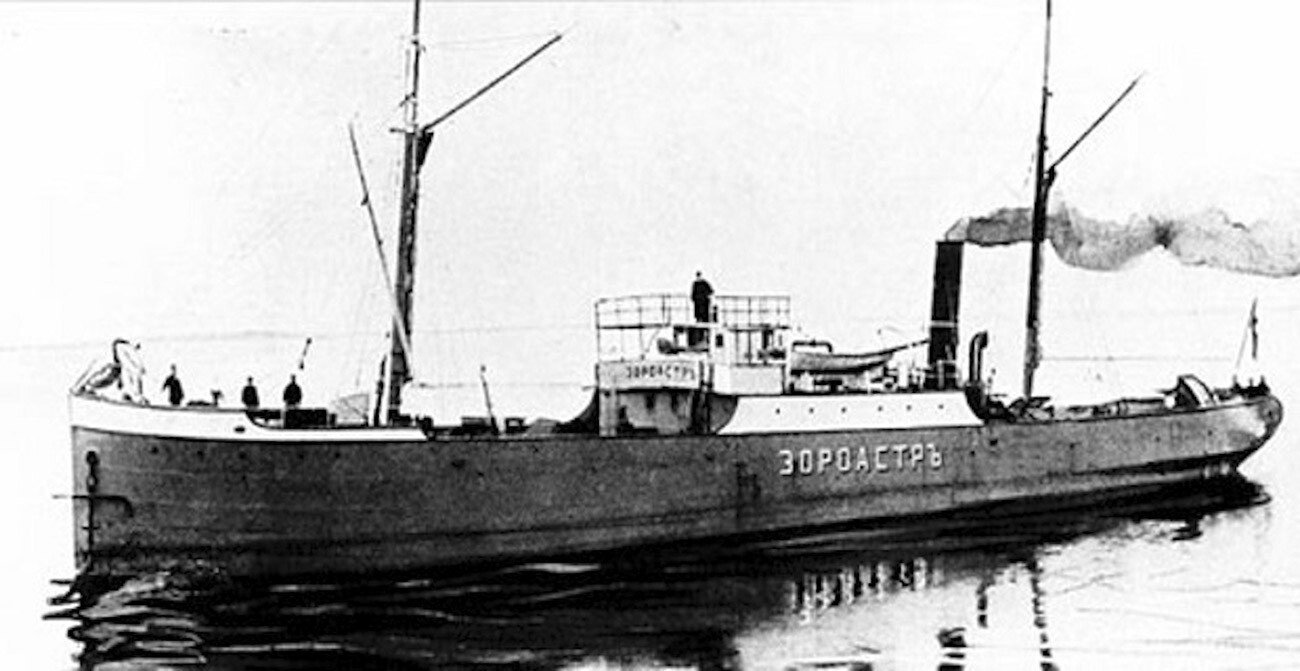 Zoroastr
Zoroastr
Establishing research laboratories in Baku and employing dozens of scientists, the Nobel brothers relied heavily on science and technology to gain leverage in their business activity.
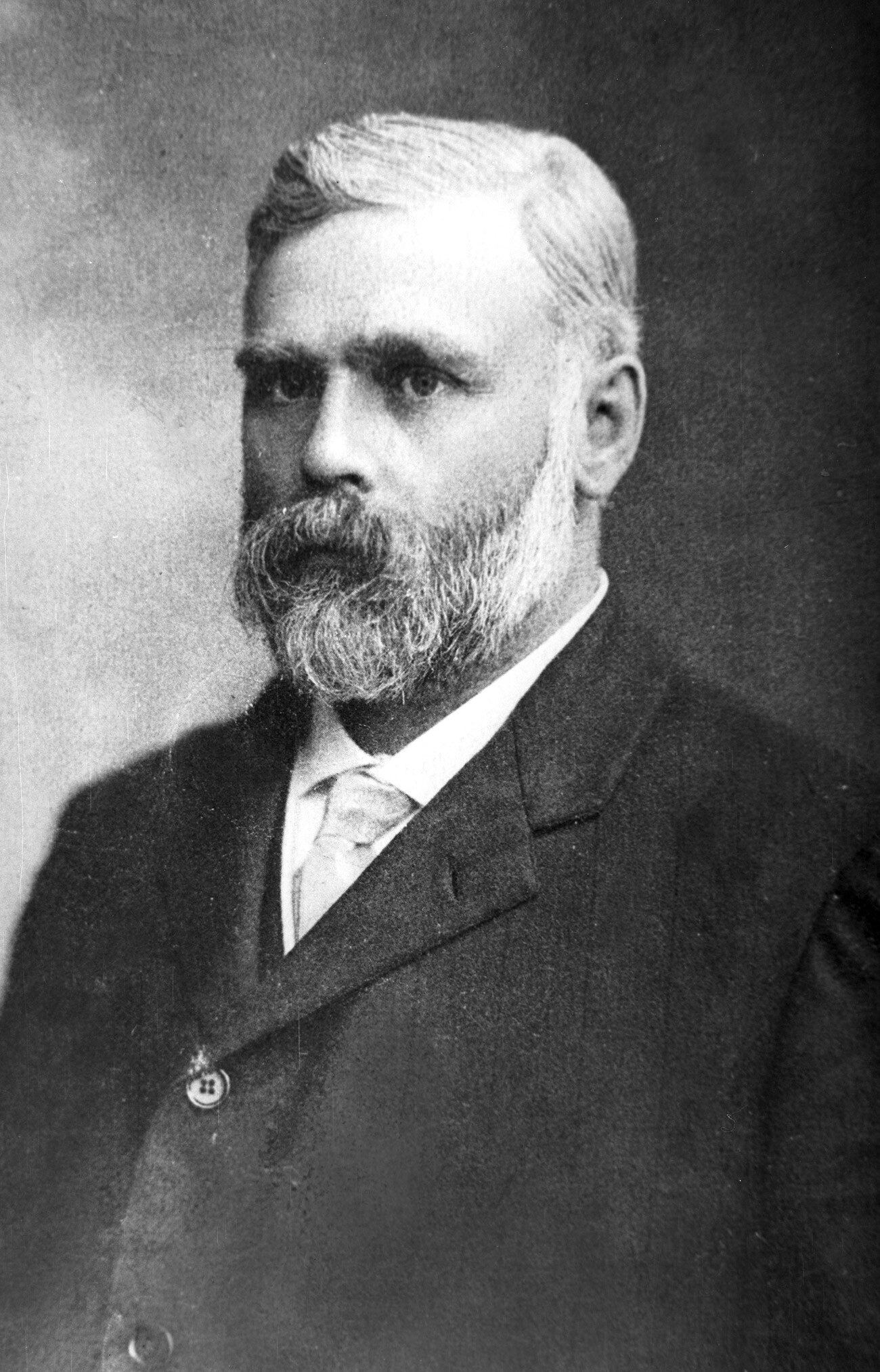 Emanuel Ludvig Nobel, the eldest son of Ludvig Nobel, took over the Nobel family's oil business after his father died in 1888.
Emanuel Ludvig Nobel, the eldest son of Ludvig Nobel, took over the Nobel family's oil business after his father died in 1888.
The company’s management was also known for kind treatment of workers, atypical for the time preceding the Russian Revolution. The Nobel brothers introduced the profit sharing system for their workers, invested in improving their living conditions and donated to schools and hospitals in areas where it operated.
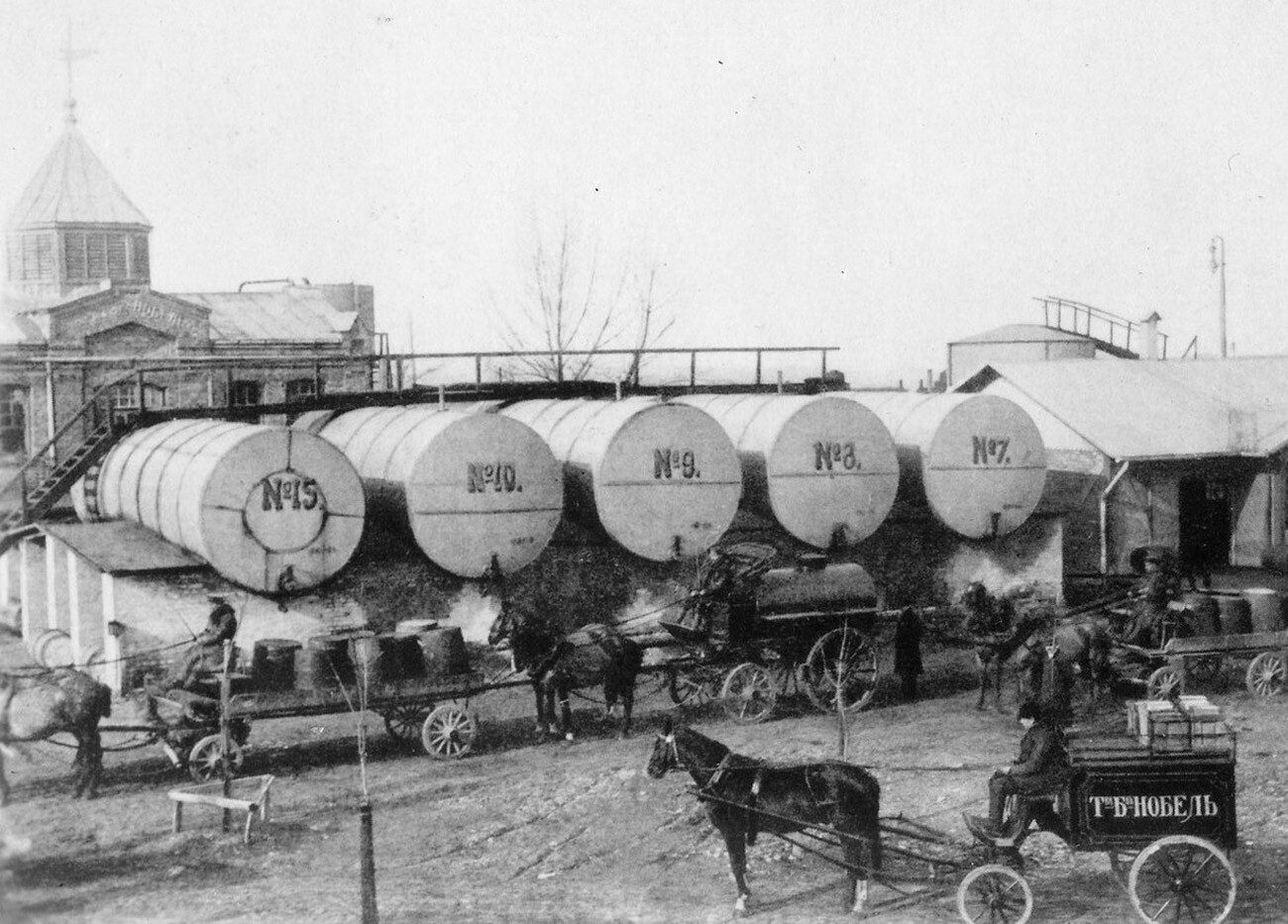
By the break of the century, Branobel grew exponentially and became the largest oil company in the Russian Empire. It operated over 500 oil wells and a staff of some 12,000 workers. Then, the Russian Revolution upended the company’s impressive surge.
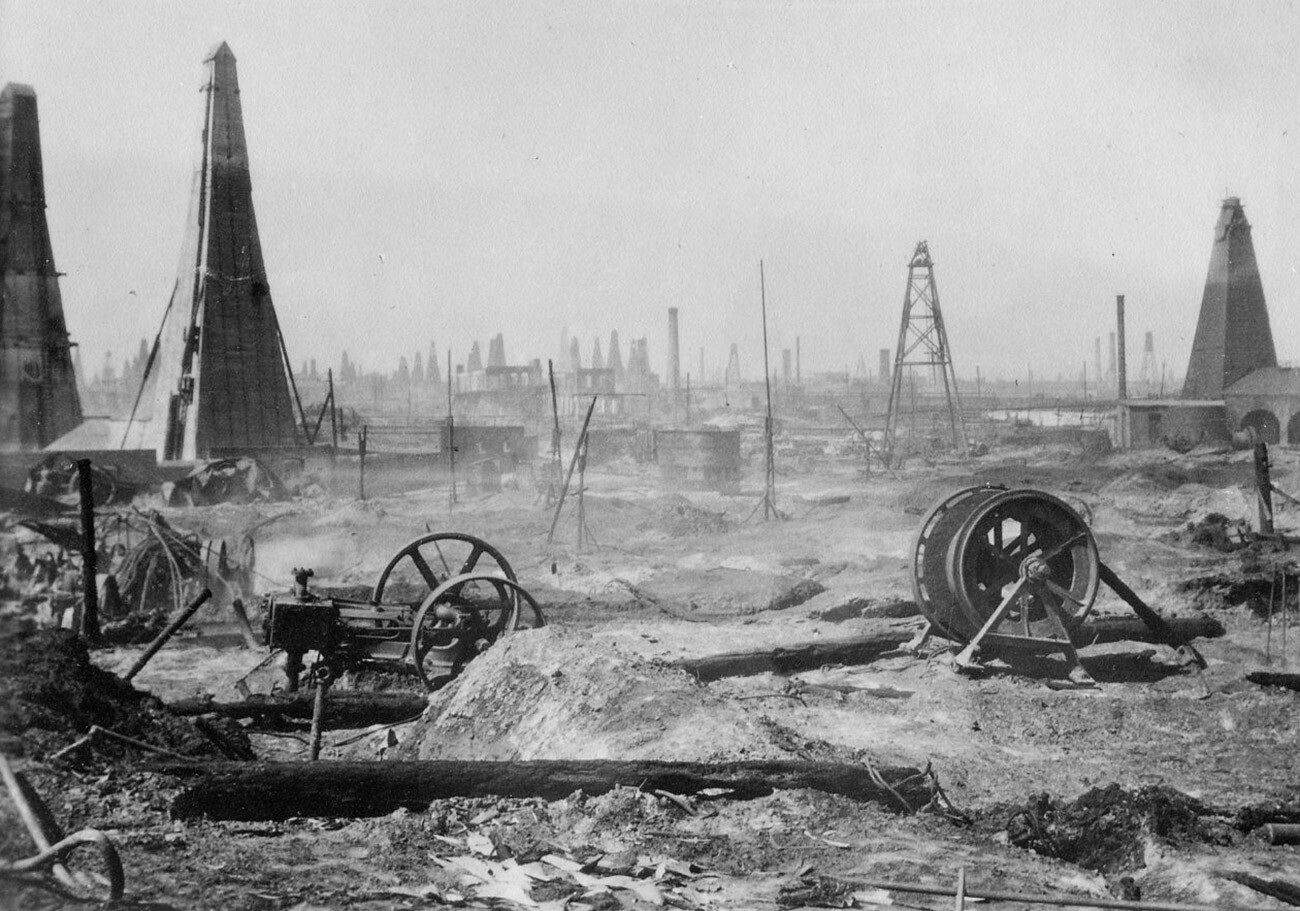
The Red Army seized power in Baku by the end of April 1920. The Bolsheviks nationalized the assets of the Branobel company, leaving the founders with no de facto control over the business they had founded.
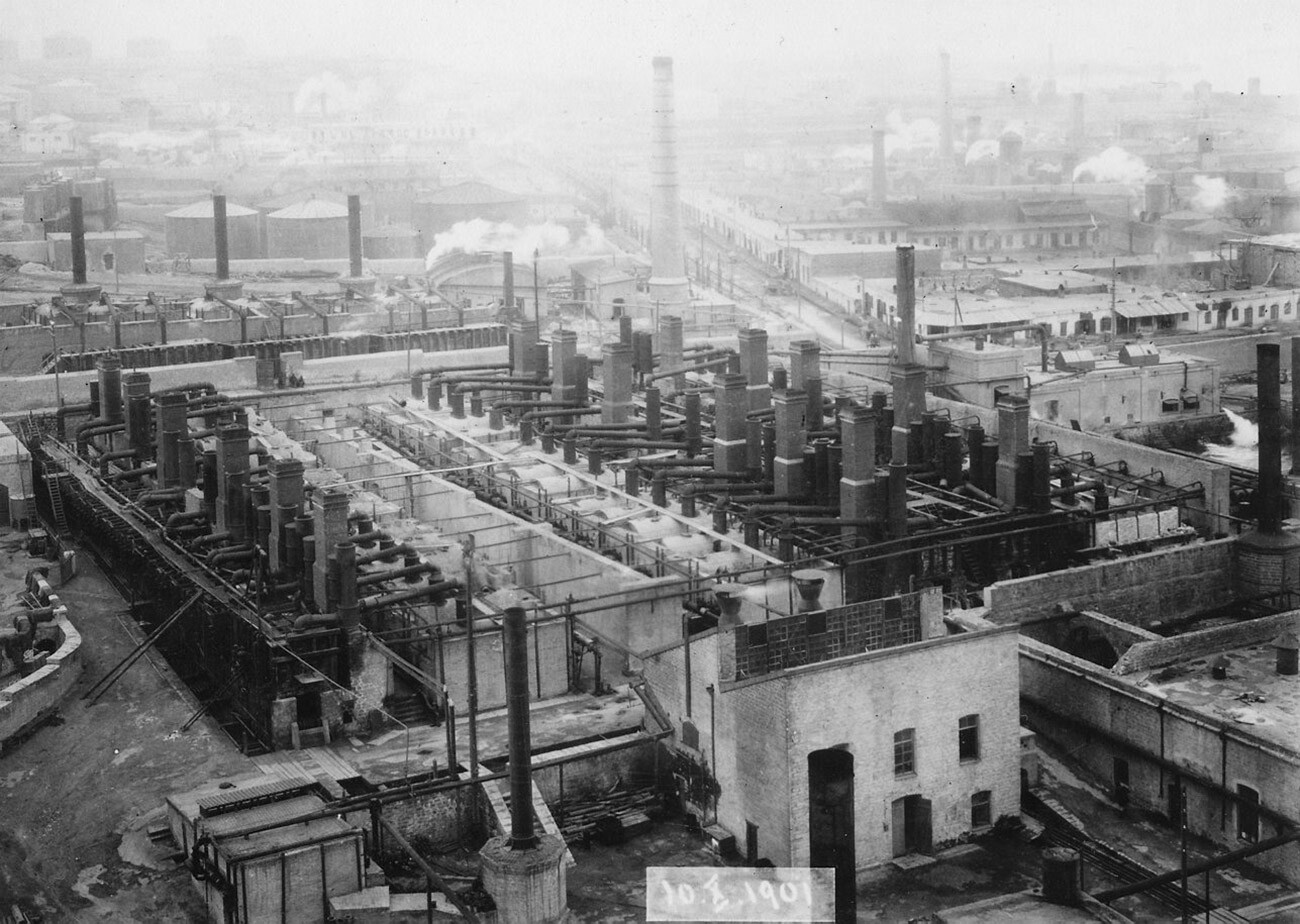
However, the resourceful brothers capitalized on the uncertainty about whether the Bolsheviks would prevail in the Russian Civil War and sold their shares of the company, which had already been nationalized by the Bolsheviks, to the American Standard Oil Company, Inc.
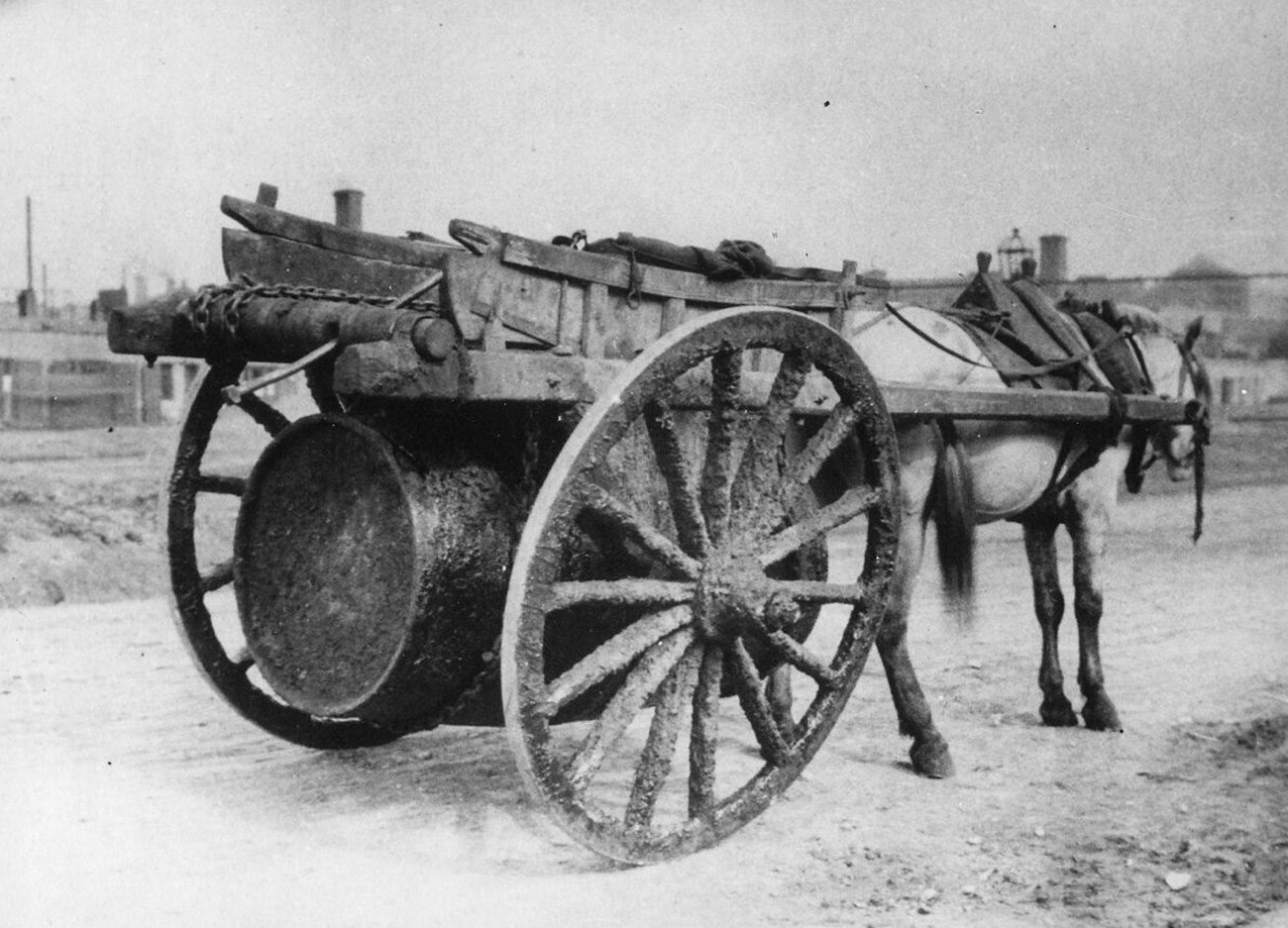
Today, the Nobel brothers are widely credited with founding the Russian oil industry that has grown to be one of the largest in the world.

